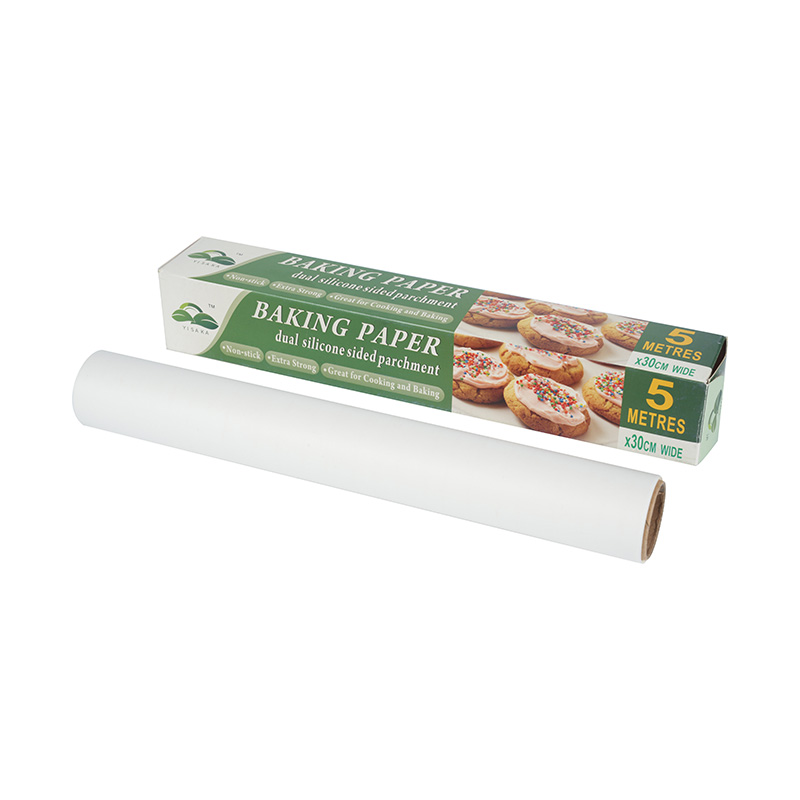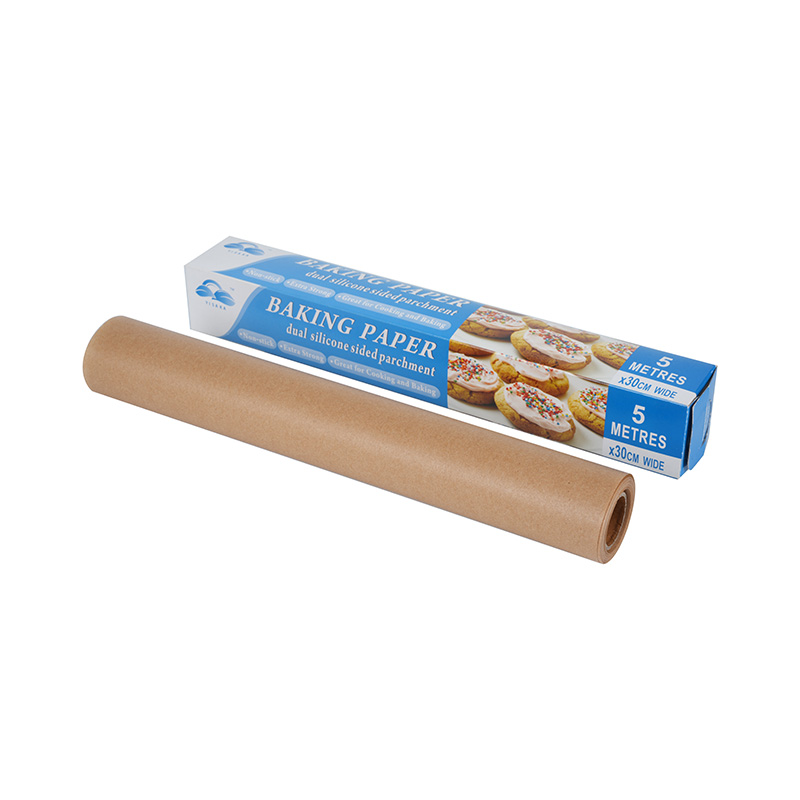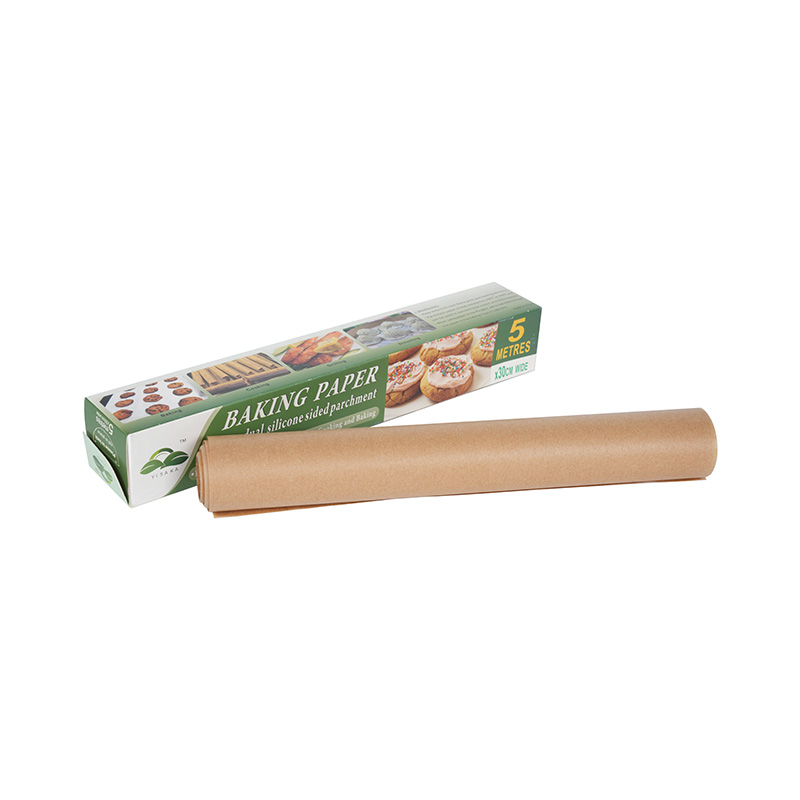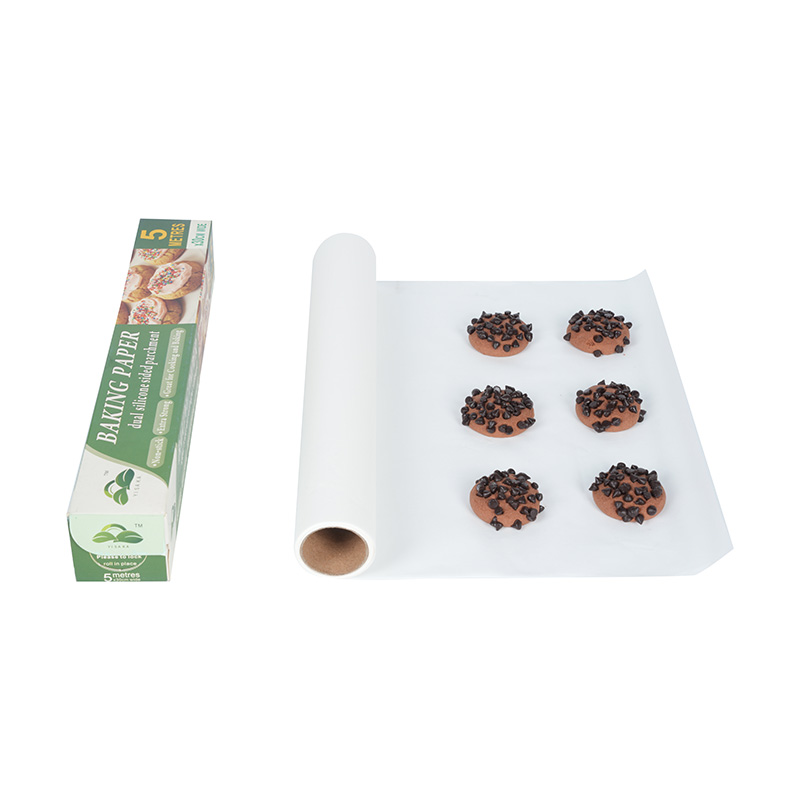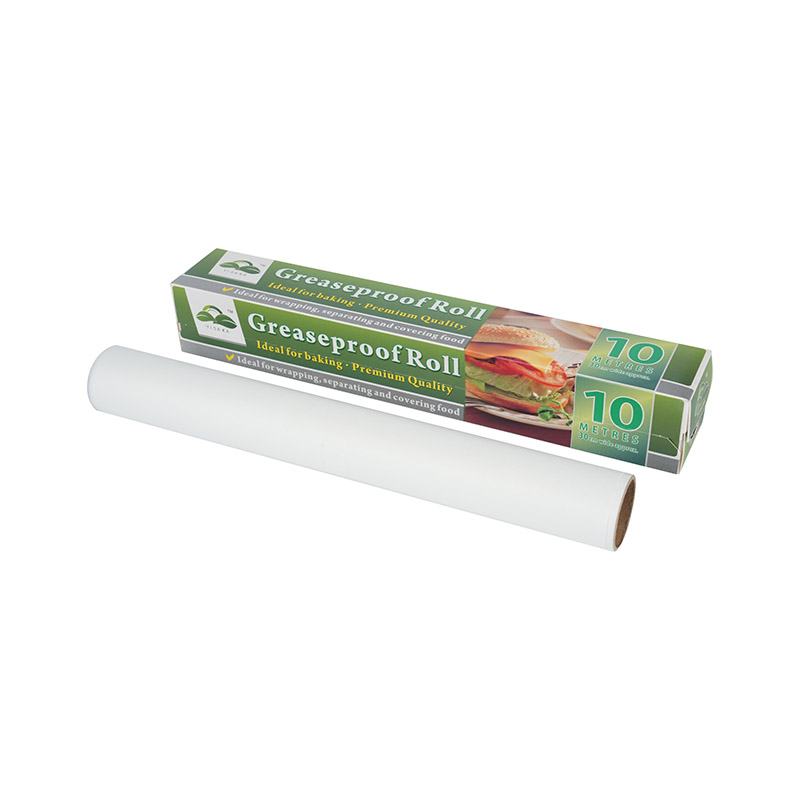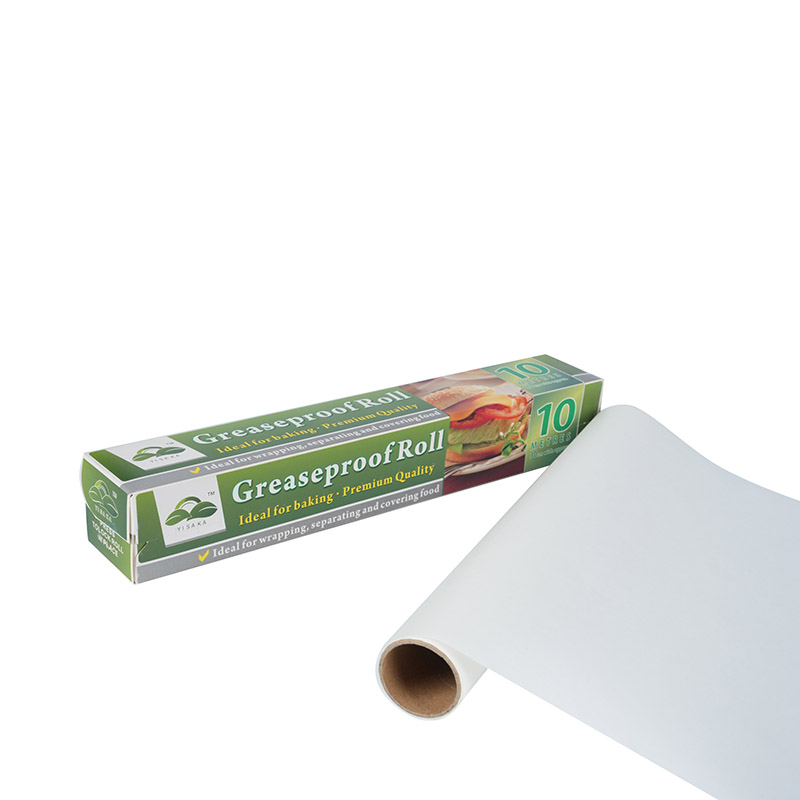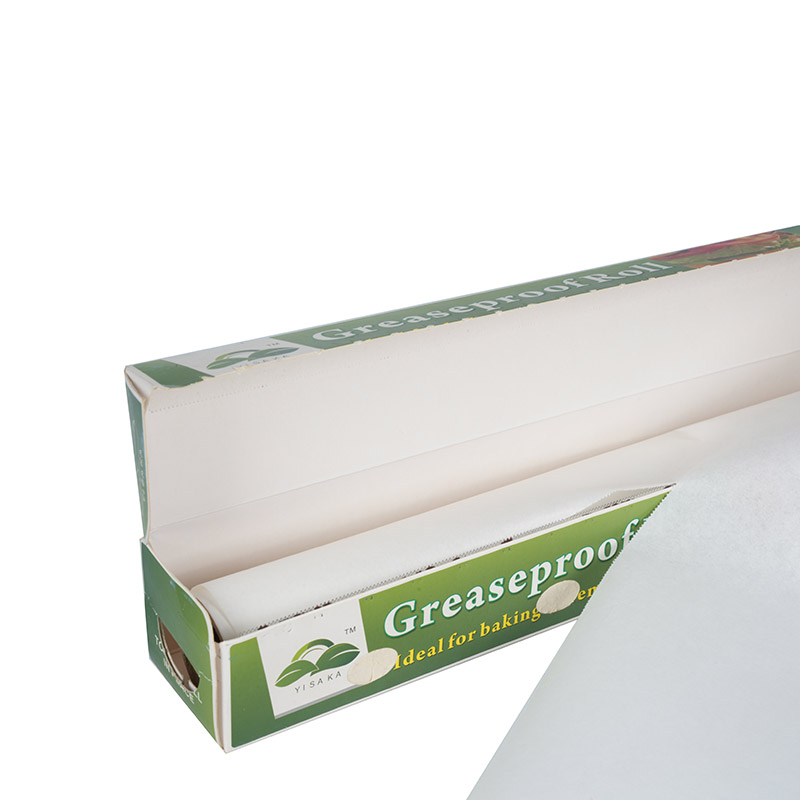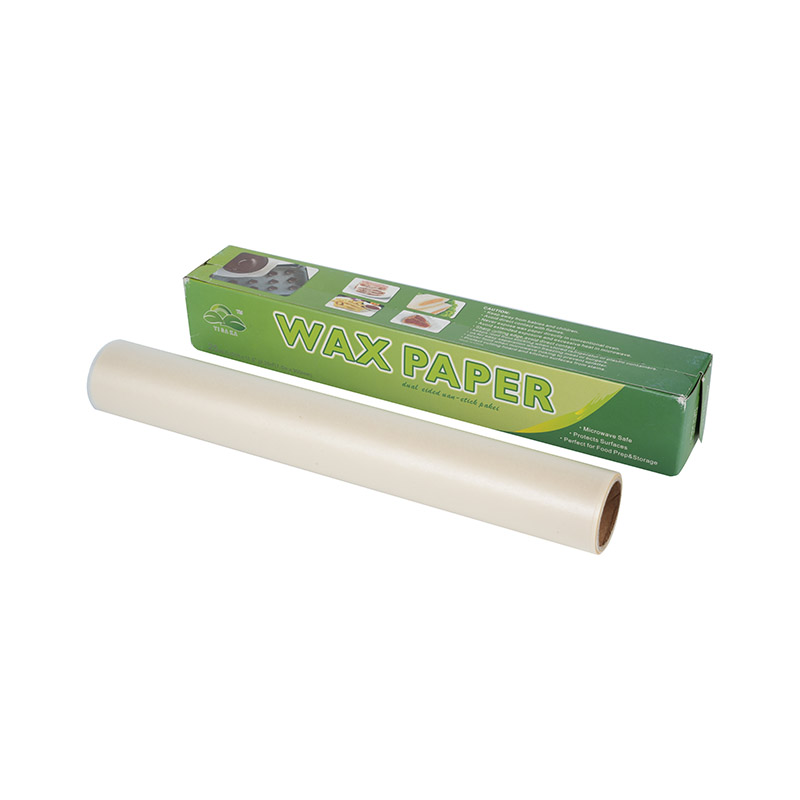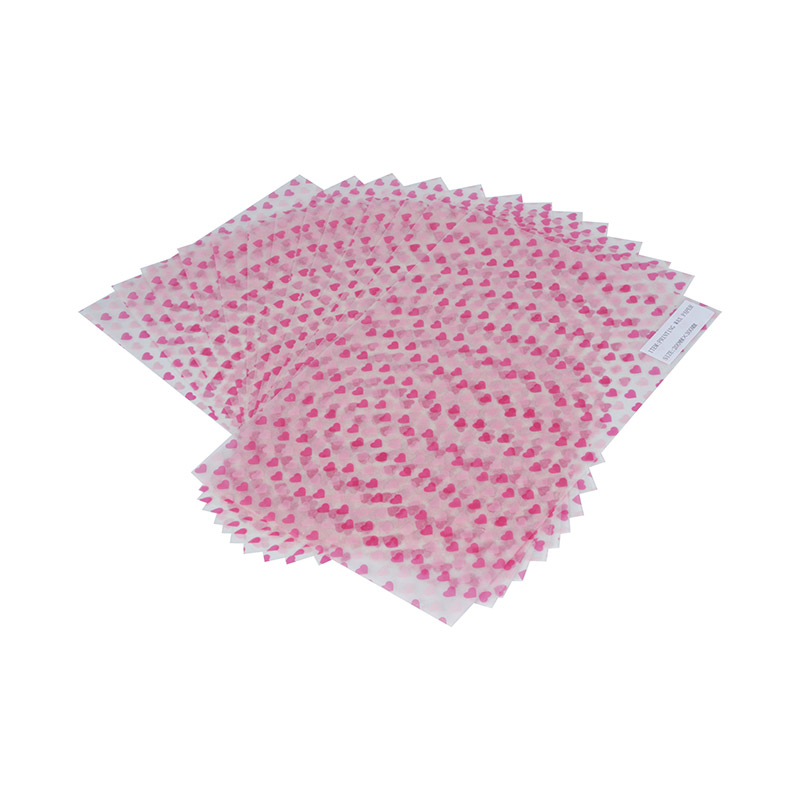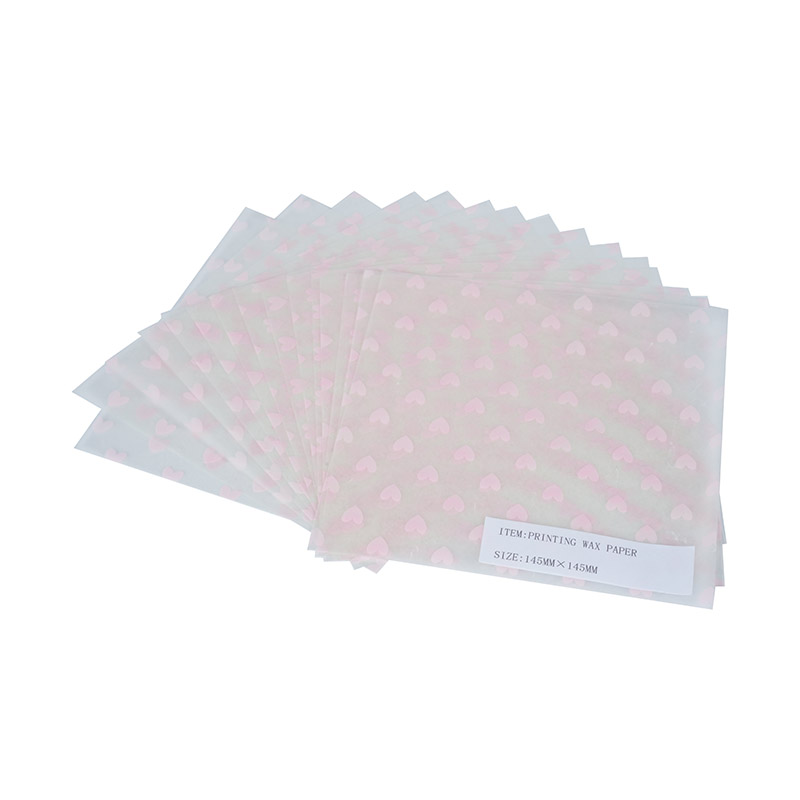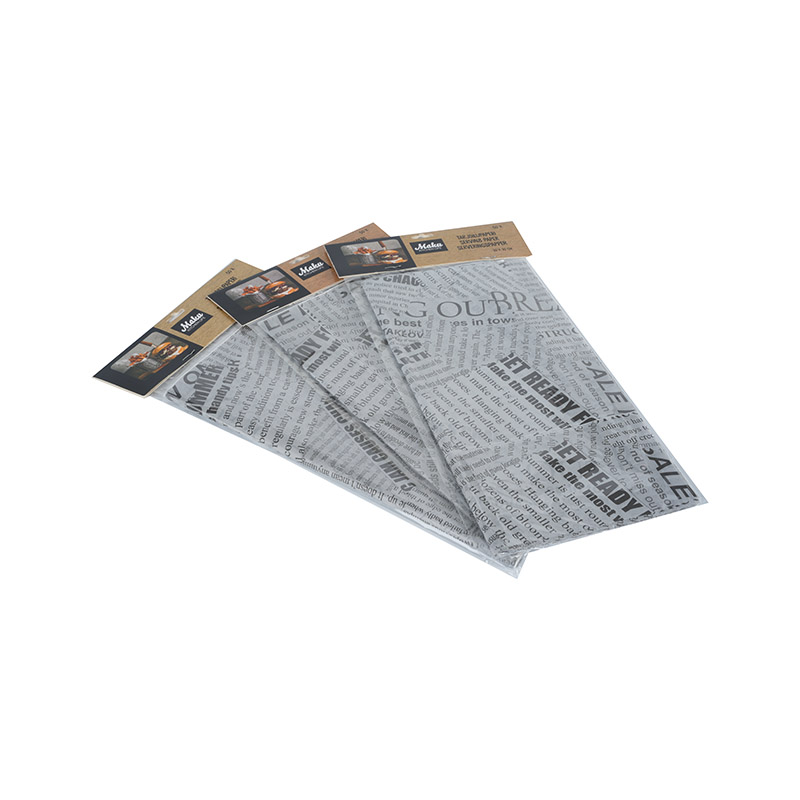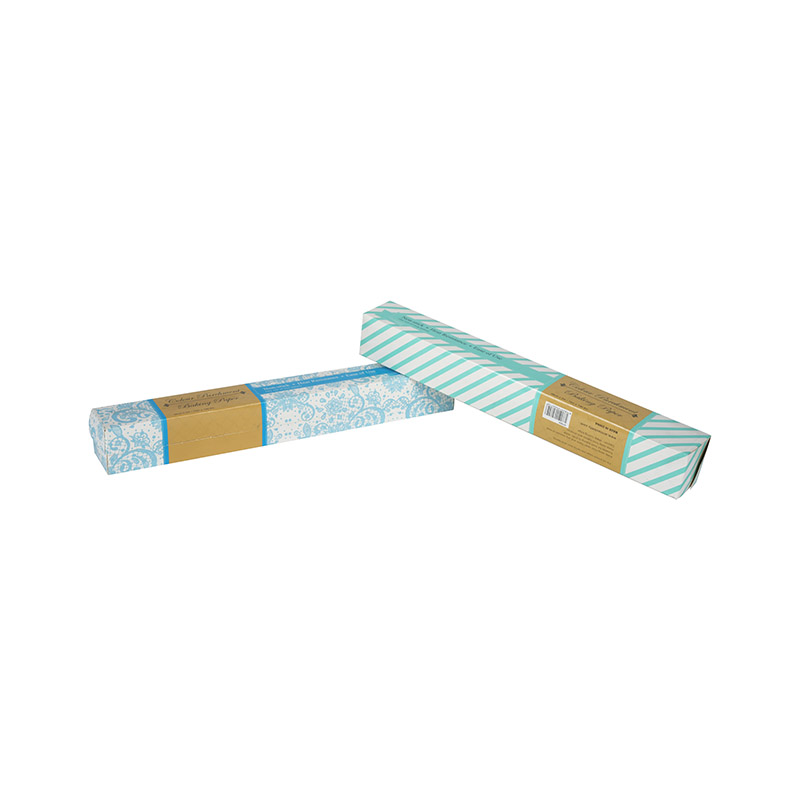In today’s environmentally conscious world, manufacturers are rethinking their approach to packaging, particularly in the food industry. Sandwich wraps, a popular choice for both casual diners and gourmet chefs, have become a focal point for sustainable practices.
The shift towards sustainability begins with the materials used in sandwich wrap production. Traditional plastic wraps, while convenient, pose significant environmental challenges. In contrast, biodegradable and compostable wraps made from materials such as vegetable-based polymers or sustainably sourced paper are gaining traction. These alternatives not only reduce reliance on fossil fuels but also decompose more quickly in landfills, minimizing long-term environmental impact.
Another exciting development is the use of reusable sandwich wraps. Made from fabric coated with beeswax or plant-based wax, these wraps provide a sustainable alternative to single-use options. They can be washed and reused multiple times, appealing to eco-conscious consumers who want to reduce their waste footprint. This innovation reflects a broader trend towards reusable products across various industries, encouraging a shift in consumer behavior.

In addition to material choices, the manufacturing process itself is evolving to be more sustainable. Many companies are implementing energy-efficient technologies and reducing water consumption during production. By optimizing operations and sourcing materials locally, manufacturers can decrease their carbon emissions while maintaining product quality. Transparency in sourcing and production processes is also becoming increasingly important, with consumers keen to understand the origins of their packaging materials.
Furthermore, branding plays a crucial role in the appeal of sustainable sandwich wraps. Companies are creatively marketing their products, highlighting not only the environmental benefits but also the aesthetic and functional advantages. Attractive packaging that showcases vibrant colors and innovative designs can enhance the consumer experience, making eco-friendly options more desirable. By aligning their brand identity with sustainability, manufacturers can attract a loyal customer base that values responsible choices.
The culinary world is also embracing sustainable sandwich wraps as chefs seek to create dishes that are both delicious and environmentally friendly. Restaurants and cafes are opting for these innovative wraps, using them to serve sandwiches, wraps, and other meals in a way that reflects their commitment to sustainability. This trend encourages consumers to think more critically about their food choices and the packaging that accompanies them.


 English
English русский
русский